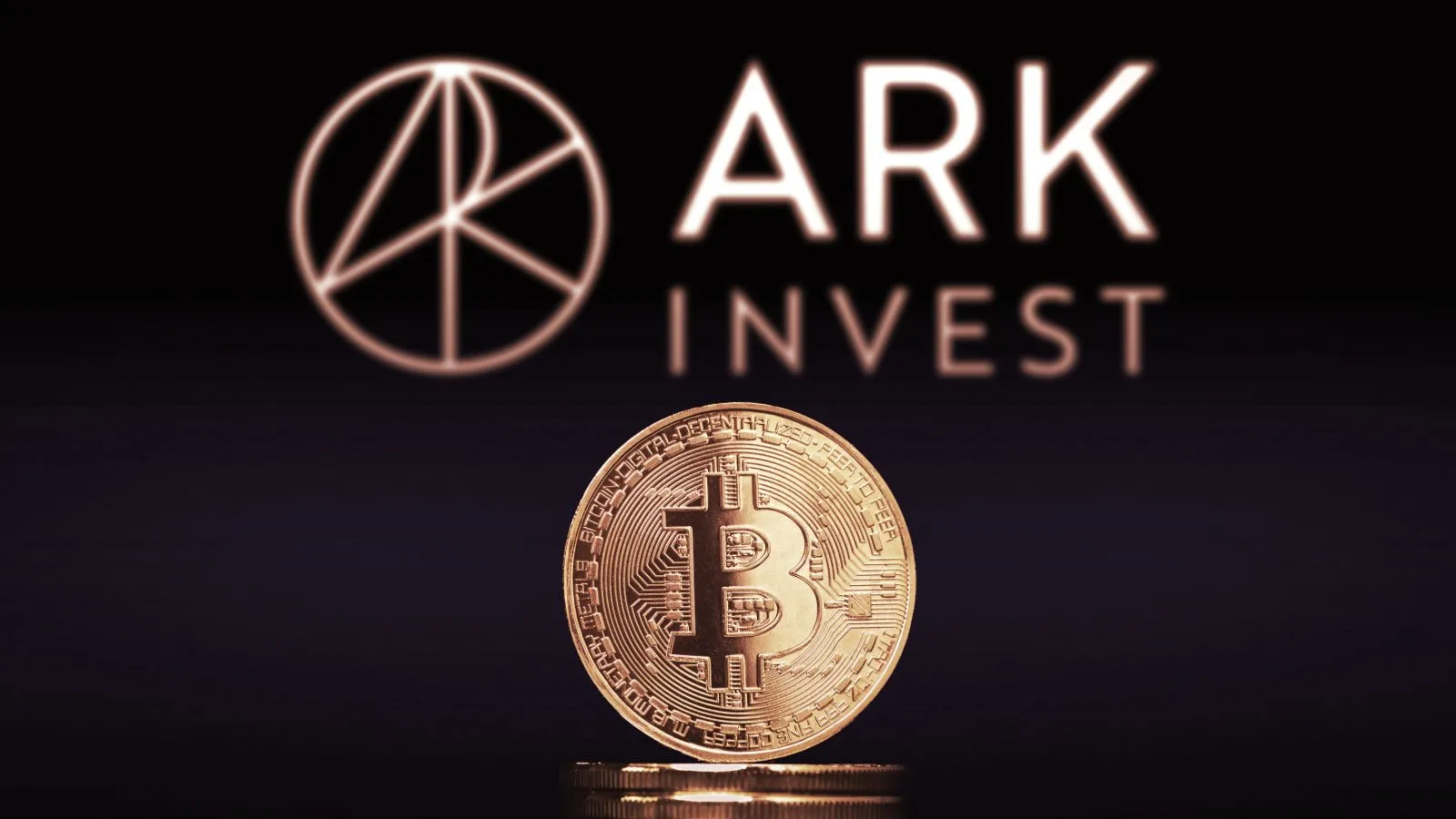The ARK 21 Shares Bitcoin exchange-traded fund (ETF), managed by Cathie Wood’s ARK Investment Management, has recently experienced a notable development in its financial activities. Data from Farside Investors reveals that the ETF, known as ARKB, has witnessed daily outflows exceeding $87 million. This figure marks a significant milestone as it surpasses the daily outflows recorded by Grayscale’s Bitcoin Trust (GBTC) for the first time.
On Tuesday alone, ARKB observed outflows amounting to $87.5 million, which roughly translates to the withdrawal of approximately 1,300 bitcoins from the fund. This occurrence follows another day of outflows experienced by ARKB, with losses totaling $300,000 recorded on Monday, marking the ETF’s initial instance of outflows.
These developments shed light on shifting investor sentiments and preferences within the cryptocurrency investment landscape. The significant outflows from ARKB suggest that investors may be reallocating their assets or adjusting their investment strategies in response to market conditions or other factors influencing their decision-making processes.
Consistent outflows are observed in GBTC.
Grayscale’s Bitcoin Trust (GBTC) experienced a daily outflow of $81.9 million, a figure that, while relatively moderate, underscores a consistent trend of outflows since its transition to a spot ETF. Over the past five trading days alone, GBTC has seen an average daily outflow of $254 million, totaling around $15.1 billion in outflows over the past three months.
In contrast, despite the outflows from ARKB and GBTC, BlackRock’s fund witnessed an inflow of $150.5 million, resulting in a net aggregate inflow of $40.3 million for the day.
ARKB, currently ranked as the third-largest among the ten recently launched spot ETFs, excluding Grayscale, boasts $2.2 billion in assets under management (AUM). It lags behind BlackRock’s and Fidelity’s funds, which boast respective AUMs of $14.1 billion and $7.6 billion.
In terms of Bitcoin holdings, ARKB holds the sixth-largest position among funds, corporations, and miners, with a total of 44,662 BTC. Despite shedding a substantial 291,000 Bitcoin since its transition to an ETF, GBTC retains its leadership position in terms of total Bitcoin held, with approximately 329,000 Bitcoin in its portfolio at the time of reporting, according to data from HODL15Capital.
The recent downturn in Bitcoin’s price, which experienced a 9% drop from last week’s peak of $71,500 and briefly dipped below $65,000 on April 3, has coincided with an uptick in outflows from ETFs.
Market Welcomes Introduction of Leveraged Spot Bitcoin ETFs
The market dynamics have been significantly impacted by the recent debut of the inaugural 2x and -2x leveraged spot Bitcoin ETFs, known as BITU and SBIT, respectively. According to insights provided by Bloomberg ETF analyst Eric Balchunas, these ETFs are anticipated to rank among the top 5 most volatile ETFs in the United States, boasting a standard deviation of approximately 150%.
Furthermore, Balchunas highlighted a substantial surge in trading volume observed in Bitcoin ETFs, which surged to approximately $111 billion in March alone. This staggering figure nearly triples the combined trading volume witnessed in the months of February and January.
The first ever 2x and -2x spot bitcoin ETFs hit the market today from ProShares. $BITU and $SBIT (tickers could have been better). $BITX is 2x but it tracks futures and $BITI is -1x but is also futures. Fee 95bps on both. Haven't traded too much so far, under $1m. pic.twitter.com/jtH1A4DbAc
— Eric Balchunas (@EricBalchunas) April 2, 2024
During the previous week, there was a notable shift in sentiment towards digital asset investment products, with inflows totaling $862 million, representing a significant recovery from the record outflows of $931 million observed in the preceding week.
Primarily, Bitcoin products were the primary beneficiaries of this positive sentiment, attracting approximately $865 million in inflows.
Conversely, Grayscale faced outflows totaling $967 million over the same period.
Geographically, the United States saw substantial inflows amounting to $897 million. In contrast, Europe and Canada collectively experienced outflows of $49 million, contributing to a year-to-date outflow of $785 million for these regions.



